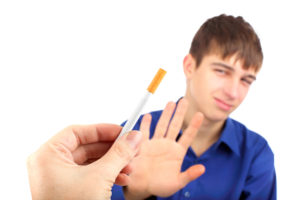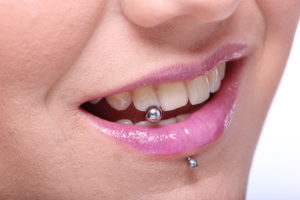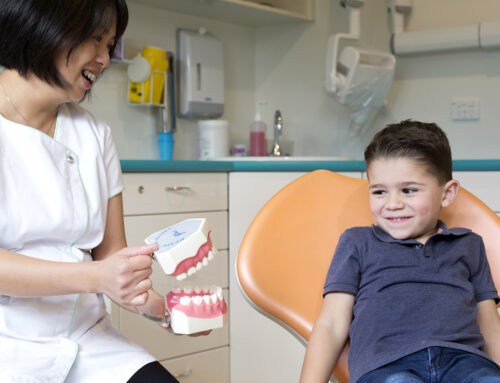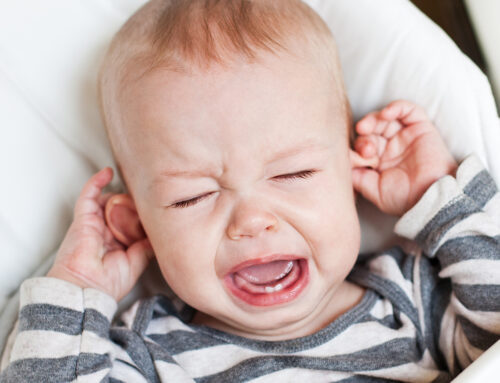 Oral health is essential to general health and well-being at every stage of life. The World Health Organization (WHO) defines oral health as “a state of being free from chronic mouth and facial pain, oral and throat cancer, oral infection and sores, periodontal (gum) disease, tooth decay, tooth loss, and other diseases and disorders that limit an individual’s capacity in biting, chewing, smiling, speaking, and psychosocial wellbeing.” All lifestyle choices have a significant effect on our oral health, and hence, how healthy we are overall. Choices such as smoking, drinking, prescribed and non-prescribed medications, illicit drug use, tongue and lip piercing, and stress inevitably have an effect on oral health and sooner or later, overall health.
Oral health is essential to general health and well-being at every stage of life. The World Health Organization (WHO) defines oral health as “a state of being free from chronic mouth and facial pain, oral and throat cancer, oral infection and sores, periodontal (gum) disease, tooth decay, tooth loss, and other diseases and disorders that limit an individual’s capacity in biting, chewing, smiling, speaking, and psychosocial wellbeing.” All lifestyle choices have a significant effect on our oral health, and hence, how healthy we are overall. Choices such as smoking, drinking, prescribed and non-prescribed medications, illicit drug use, tongue and lip piercing, and stress inevitably have an effect on oral health and sooner or later, overall health.
 SMOKING
SMOKING
One in seven Australians (2.5 million people) aged 15 years and over smoke daily. The most common and most visible effect of smoking is staining and discoloration of the teeth. This is caused commonly by the nicotine and tar content of cigarettes. However staining alone is just the tip of the iceberg. Recent evidence states; smoking decreases blood flow to the teeth and gums (increasing risk of gum disease), causing bone shrinkage, teeth loss, and inhibits the body’s ability to manufacture adequate saliva (increasing risk of cavities), a substantial problem given the necessary role it plays in protecting teeth from dental decay.
ALCOHOL CONSUMPTION
Approximately 41% of the population (aged 14 years and over) drink alcohol at least once per week, including 6% of the population who drink daily. Alcoholic beverages contain high levels of sugar and acidity; significantly increasing your risk of dental erosion and decay. Alcohol also dehydrates you, which affects how much saliva your mouth produces, and hence, how much protection your teeth are given. A dehydrated mouth prones the teeth to decay. Additionally, being under the influence of alcohol increases intake in risk taking behaviour which in turn, increases the risk of dental trauma.
 ORAL PIERCINGS
ORAL PIERCINGS
Rupturing the mouths protective oral layers can invite a large sum of bacteria into our bodies. In most instances, trauma caused by oral piercings become permanent and can often lead to cosmetically displeasing outcomes or teeth sensitivity (due to localised gum recession or enamel wear).Oral piercings have the tendency to harbour bacteria overtime, hence increasing the risk of soft tissue swelling and infection.
STRESS
Increased stress can reduce the effectiveness of the body’s immune function. This can lead to several problems related to your mouth, teeth and gums. Decreased immunity can result in mouth ulcers and cold sores. Often people will also experience an overactive jaw; grinding and clenching. These parafunctional habits can lead to pain, sensitivity and at worse a temporomandibular disorder (TMJD). Commonly stress will also result in neglect towards everyday habits such as teeth cleaning and healthy eating, leading to oral health problems as well as general well being.
Thanks Kay (Karishma), our Oral Health Therapist from our Werribee Clinic. Great information for teenagers (and adults also). If you want to talk to her about this or any other questions you may have, please contact us on 03 9372 8960.
References
- Australian Dental Association: Lifestyle Risks https://www.ada.org.au/Your-Dental-Health/Teens-12-17/Lifestyle-Risks
- World Health Organisation: Oral Health and Key Facts https://www.who.int/news-room/fact-sheets/detail/oral-health
National Drug and Alcohol Knowledgebase Australia https://nadk.flinders.edu.au/kb/alcohol/consumption-patterns/frequency-consumption/how-often-do-australians-drink-alcohol/



